Harry Belafonte, singer and civil-rights activist, dies at 96
One of the most groundbreaking black entertainers in history and a lifelong activist, Belafonte died of heart failure in New York.
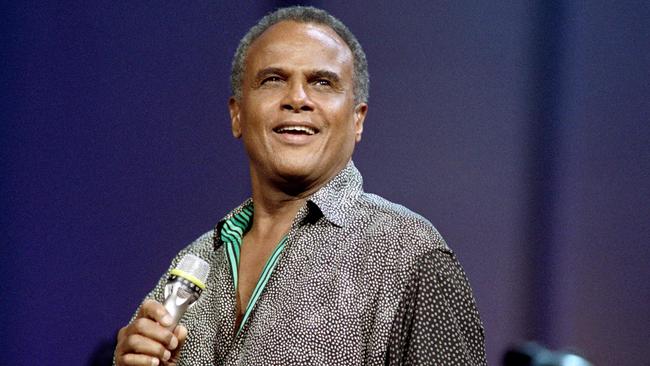
Harry Belafonte, one of the most groundbreaking black entertainers in history and a lifelong activist who helped energise the civil-rights movement, died Tuesday morning in his New York home. He was 96.
Mr Belafonte died of congestive heart failure, said Ken Sunshine, his spokesman.
In a segregated America, Mr. Belafonte, among the most impactful performers of the postwar era, transcended racial barriers through his music, films and activism. More than most popular entertainers of his time – or since – he used his massive stardom to catalyse social change. An activist as much as an artist, he worked alongside the Rev. Martin Luther King Jr. and helped organise the March on Washington in 1963.
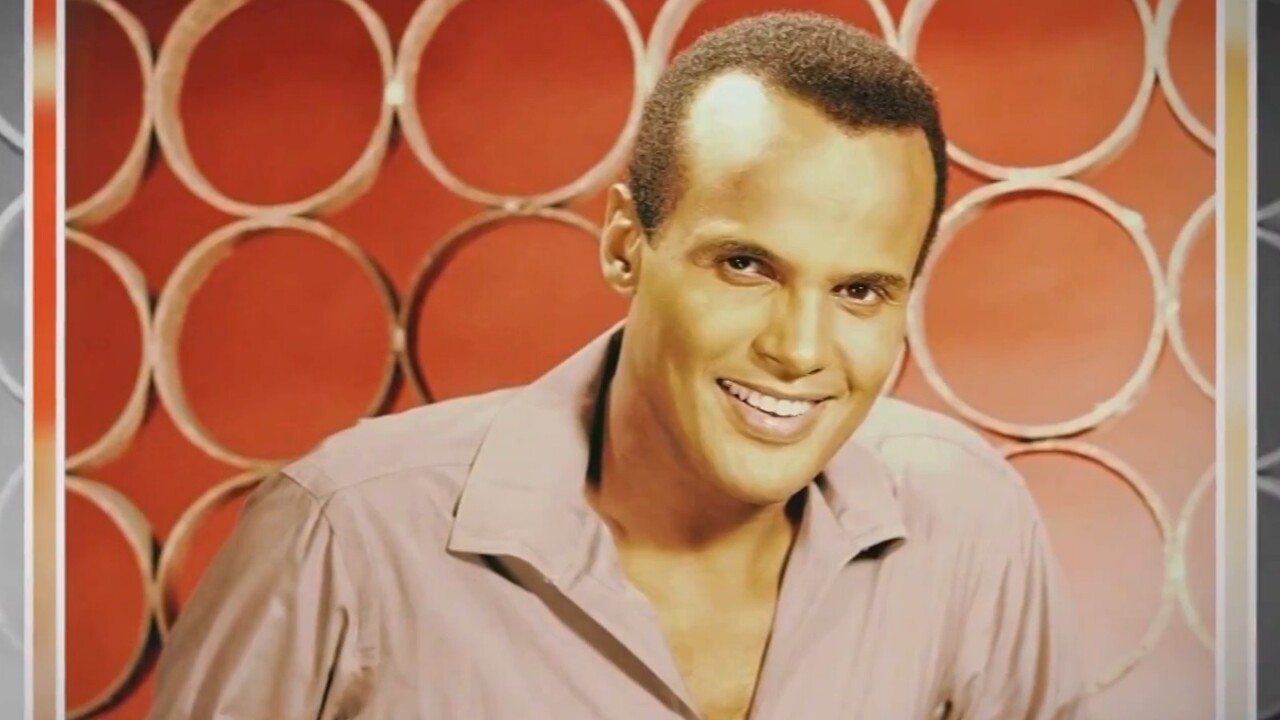
In music, the handsome, talented and prolific Belafonte was a rarity in the pre-civil-rights 1950s: A Black artist who crossed over entirely, dominating the American mainstream as few had before. He blended folk-music traditions from across the globe, along with jazz, and kicked off a national craze for Caribbean music. In film, he found trailblazing roles as a Black leading man, while repeatedly challenging Hollywood’s racial mores. When the 1960s arrived, with the rise of the Beatles and the British Invasion, his prominence in music waned; he briefly abandoned the silver screen. Yet his work as a humanitarian blossomed.
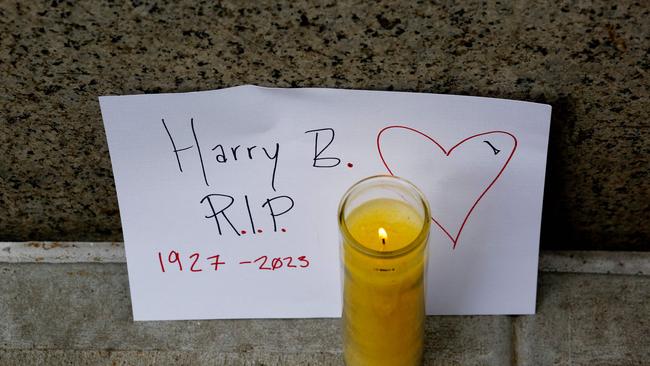
Harold George Belafonte Jr. was born in Harlem, New York City, in 1927 and lived in Jamaica, where his mother was born, for part of his childhood. Returning to the U.S., he dropped out of high school and enlisted in the U.S. Navy and lived in New York City after he was honourably discharged.
Mr. Belafonte discovered his passion for the arts in New York, where he attended the Dramatic Workshop of the New School for Social Research. He joined the American Negro Theatre, where he met Sidney Poitier, who became a lifelong friend. He made inroads as an actor in the early 1950s with films such as “Bright Road.” He also had singing and cabaret roles, which honed his emergence as a pop singer; he launched his recording career in 1949.
In the 1950s, he immersed himself in folk music and West Indian music. “Mark Twain and Other Folk Favorites,” his debut studio album, made a splash. His next album, “Belafonte,” hit No. 1, becoming the first-ever chart-topper when Billboard, that March of 1956, introduced a regular weekly album chart. The record also triggered a calypso craze around the country. That same year, “Calypso,” his next album, included the career-defining hit “Day-O (The Banana Boat Song),” along with “Jamaica Farewell,” and sold more than one million copies – a first for a single artist.
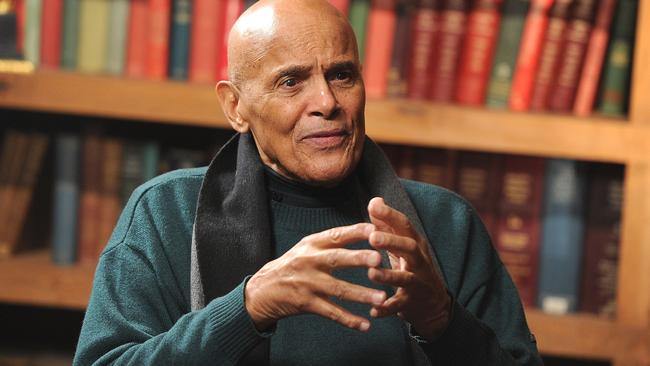
Following his 1957 album, “An Evening With Belafonte,” he reduced his focus on music, though his recording output didn’t cease. 1962’s “The Midnight Special” featured the first appearance on record of a young Bob Dylan. Mr. Belafonte’s presence on the pop charts waned later in the 1960s and his final studio album came in 1988.
His wide-ranging career earned him a series of accolades, including all four major awards in the entertainment industry: the Emmy, Grammy, Oscar and Tony. He won a Tony Award for his role in “John Murray Anderson’s Almanac” in 1954 and starred in a number of films, including the musical “Carmen Jones” in 1954. In the early 1960s, he became television’s first Black producer. He also received a Grammy Lifetime Achievement Award in 2000.
Mr. Belafonte was dogged early in his career by criticism that his light skin played a role in his outsize success. Yet throughout his career, he used his celebrity to help bring attention to civil rights. He developed a close friendship with Dr. King and was an executor of his estate after his 1968 assassination, according to the Martin Luther King Jr. Research and Education Institute at Stanford University.
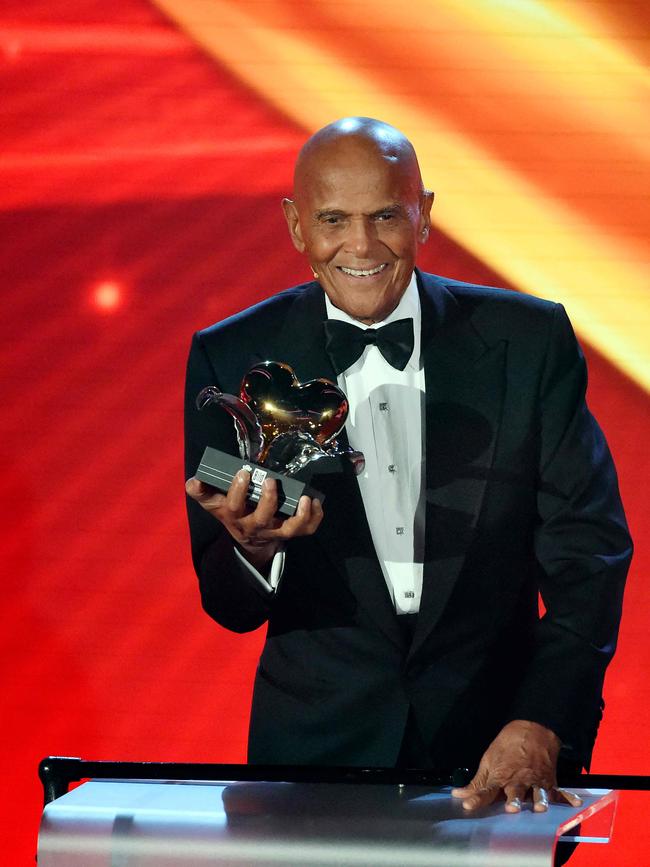
“When I was a child, #HarryBelafonte showed up for my family in very compassionate ways. In fact, he paid for the babysitter for me and my siblings,” Dr. King’s daughter Bernice King said in a post on Twitter. “I won’t forget … Rest well, sir.” Much of Mr. Belafonte’s energy in the 1970s and 1980s was focused on humanitarian issues. He was a driving figure in the “USA for Africa” effort, for example, which yielded the 1985 No. 1 hit single, “We Are the World.” On Tuesday, musicians and political figures recognised Mr. Belafonte’s bountiful contributions on social media.
“Met Harry in 1948 and knew then he would be a huge star,” the singer Tony Bennett wrote on Twitter. “More than that, he fought for social justice and equality and never, ever gave up.” Mr. Belafonte is survived by his wife, children, stepchildren and grandchildren
Dow Jones


